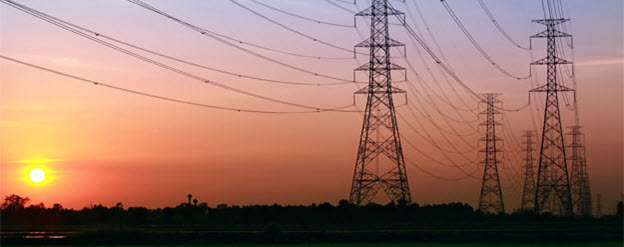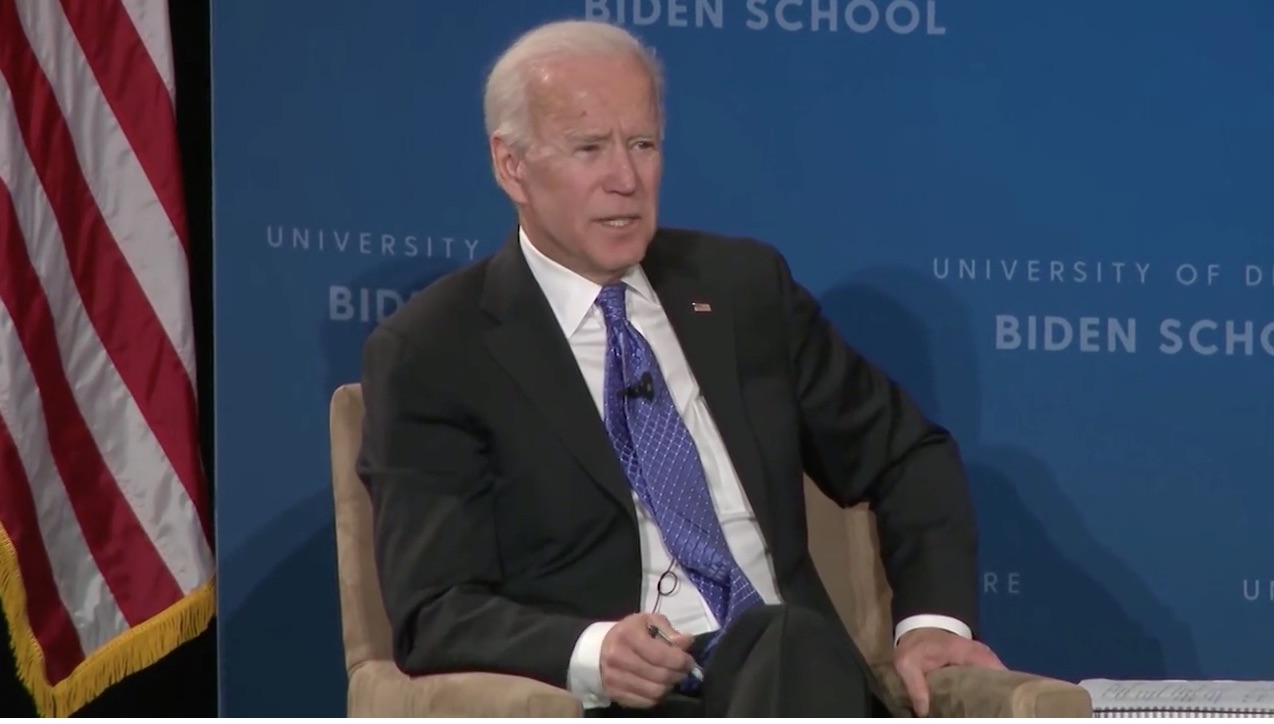
As summer draws to a close, fall and winter are not far behind. Even before the first frost, two Farmers’ Almanac publications are predicting another harsh winter.
The 2015 edition of the Farmers’ Almanac anticipates that next winter, “will see below-normal temperatures for about three-quarters of the nation.” The Almanac adds that at points during next winter, arctic air will drive temperatures to the 40 below zero range.
The Old Farmer’s Almanac, a different publication, is also predicting a cold winter in the East but a warmer season in the West.
With the predictions of a cold winter, federal regulatory officials and state power grid operators are concerned about power shortages including blackouts.
During last year’s polar vortex, coal power prevented energy shortfalls but that might not be the case next winter because costly EPA regulations are forcing utilities to close coal-fired power plants.
The Daily Caller reported on the impact of a cold winter on our power grid:
“We’re closing an enormous amount of coal generation, through a variety of rules, and a good number of those plants are set to retire next April,” Philip Moeller, chairman of the Federal Energy Regulatory Commission, told Platts Energy Week. “But most people would say about 90% of that capacity was running and used and necessary during the polar vortex events.”
“So the question is: Are we going to have mild weather for the next 2-3 years? If so, we can probably get through it,” Moeller said. “But if we have more extreme weather events, like we had this winter, and that power is no longer available, we could be in a real situation that’s not good for consumers.”
Moeller added that blackouts were a “possibility” for parts of the country where large amounts of coal retirements are taking place or that rely too heavily on natural gas for electricity generation — like New England.
Regional power grid operators are also concerned. In one instance, the Midwest power grid operator, Midcontinent Independent System Operator (MISO), required some coal plants to stay in operation during last winter’s cold snap to make sure the lights did not go out.
Previous posts discussed the potential power shortages from Obama’s war on coal read here, here and here.
Our country needs a diverse energy supply to guarantee the reliability of our power grid but EPA’s actions are putting the nation at risk. If the power does go out we must hold the EPA and President Obama accountable for waging a war on coal.







